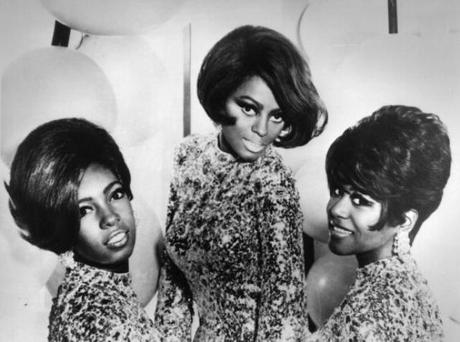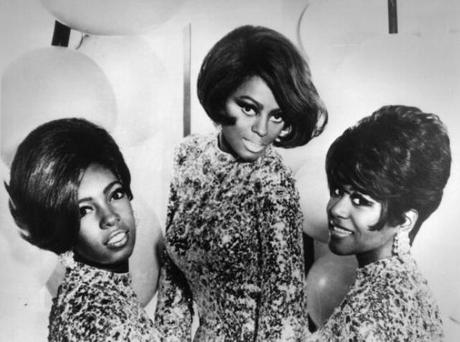

Diana Ross and The Supremes: one of the most popular singing girl groups of all time. Mary Wilson, Diana Ross and Cindy Birdsong, 1968. (Photo by Keystone/Getty Images)
It was at a recent INMA Mobile Summit 2015 in Austin, Texas, that, in the midst of my presentation I made a reference to print not being the protagonist anymore.
“But,” I said, “print is still in the show, but playing in the choir. Sort of like Diana Ross and The Supremes; the newspaper is one of the Supremes.”
At that point, I think I sang a few notes trying desperately and not so successfully to imitate those famous Supremes of my college years.
The idea got across, complete with a few laughs from the audience.
This is no laughing matter, however, and I was talking about the same topic Tuesday during a workshop for a regional newspaper in Argentina where the printed newspaper is still Madonna, Lady Gaga and Taylor Swift.
The moment people in the newsroom stop thinking of the printed newspaper as a place to break news (it is not going to happen), then there will not be noticeable and needed advancement in the quest for a multi platform newsroom setting.
Yes, I know, it is difficult for a lead singer to step back and join the choir. But this is better than not being in the show at all.
Now, Samir A. Husni, Professor and Hederman Lecturer, Magazine Innovation Center, The University of Mississippi, is telling us the same thing. Known as Mr. Magazine, still believes in print, but he has it clear about the role of his newspaper, and of the notion of frequency:
“The first and most important thing they need to do is stop chasing the news in print. News doesn’t belong on paper anymore. My daily newspaper must remain daily, but the content must become weekly on a daily basis. And that’s what we’re seeing with magazines; all the successful ones are becoming monthlies on a weekly basis, in case their frequency is monthly and the monthlies are becoming coffee table magazines and collector’s items.
“If you are in print today, you have to remove that disposability factor and create a collect ability factor instead. The problem is not with the ink on paper; the problem is with what’s being put on the ink on paper.”
I agree. I also know that the best lead singers are aware of the importance of good back up singers.
Of interest today
Here are 4 NewsU Webinars that didn’t age well | Poynter
http://www.poynter.org/how-tos/journalism-education/333399/here-are-4-newsu-webinars-that-didnt-age-well/
Help the SND Foundation
For the past few weeks, I have been rehearsing a series of songs, a tribute to the late Desi Arnaz, who together with his wife Lucille Ball, starred in the iconic sitcom I Love Lucy.
Desi played Ricky Ricardo, a band leader and singer at the fictitious Tropicana Night Club in the New York City of the 1950s.
So, channeling Desi (Ricky), and with the help of a talented pianist, Rick Unterberg, I will film a 15-minute video in which we tell a story and sing three of Desi's best known songs. Obviously, this is all for fun and to get as many of you to contribute to the SND Foundation and its good deeds.
Don't contribute based on my musical talent, please. I have been posting various videos of rehearsals, etc. Remember this is to support the ambitions of young future visual journalists.
The full video will premiere at the SND Annual Meeting in Washington, DC this weekend.
http://www.snd.org/foundation/.
Counting on you.

